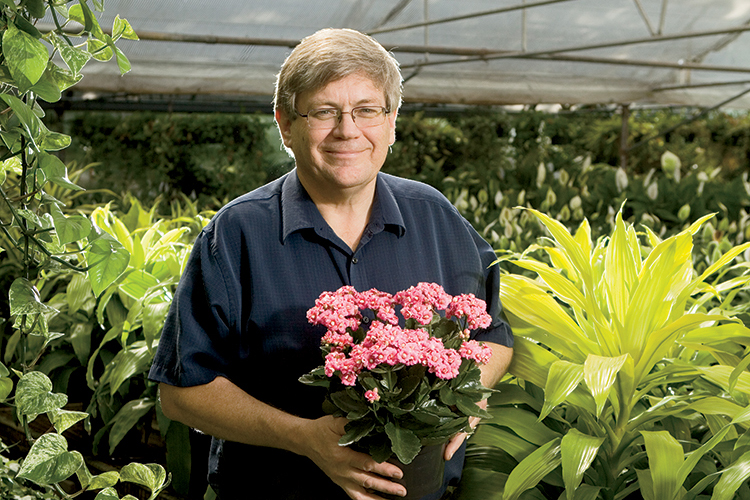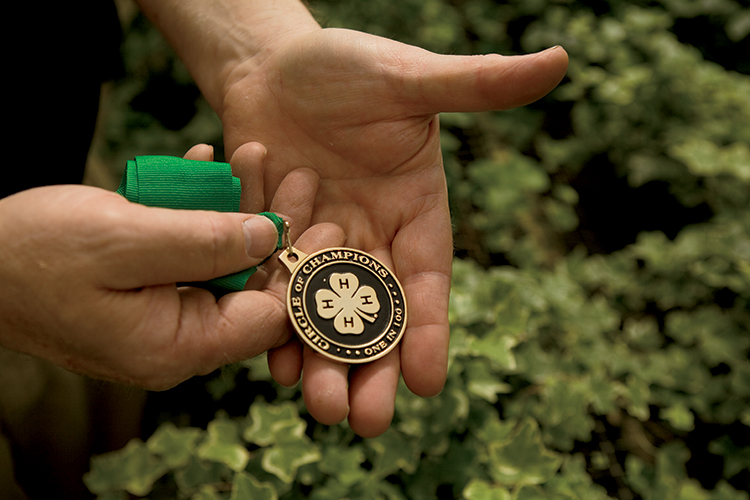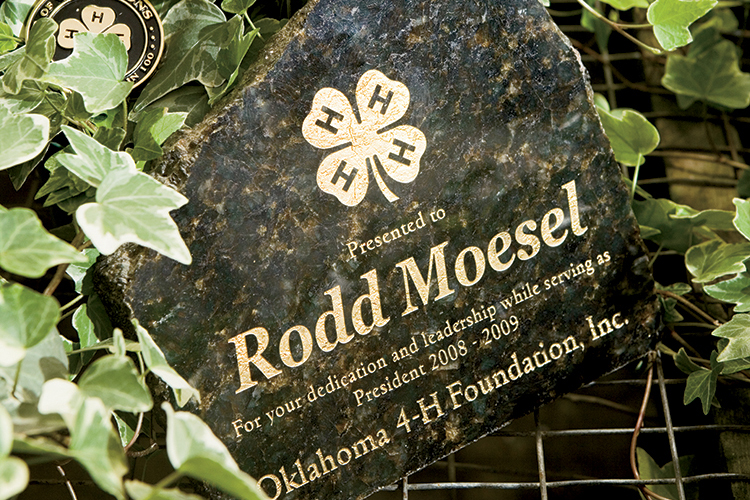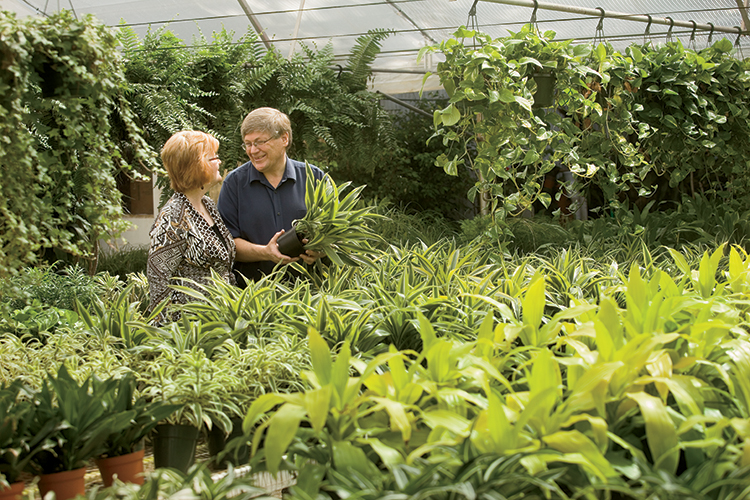Home > Oklahoma > Oklahoma Ag Education > Oklahoma 4-H Creates Future Leaders
Oklahoma 4-H Creates Future Leaders

In 1974, a young boy started a business with $500 he received from a 4-H scholarship. Forty years later, that same business brings in sales of more than $5 million annually and has 30 employees.
Rodd Moesel, founder, president and owner of American Plant Products and Services Inc., says he credits 4-H with much more than giving him the seed money to start his business.
“In addition to learning about agriculture, I was learning flexibility and writing skills and was gaining the ability to speak, converse with people and set goals,” Moesel says. “And I was learning all these skills without knowing I was learning them. Those skills I learned I use every day in my work.”
Moesel joined 4-H when he was 9 years old. He had just moved to Oklahoma City and joined one of 4-H’s first urban programs. He and his parents were surprised to find out the location for his first meeting was at the governor’s mansion, and his advisor was Gov. Henry Bellmon.

“I became very involved and was an active member for 10 years,” Moesel says. “I had an amazing experience and got to be involved at several levels.”
Before joining 4-H, Moesel says he was an extremely shy child. “I was shy and scared to reach out, but 4-H got me comfortable enough to do public speaking and introduced me to all kinds of activities,” Moesel says. “I got to take trips to Chicago, Washington D.C., Denver and all over the place. It took my world from being just my neighborhood to meeting kids from different backgrounds and seeing different states. It literally made my world much, much bigger and exposed me to different cultures and atmospheres.”
4-H Teaches Leadership, Career and Life Skills
Jim Rutledge, executive director of the Oklahoma 4-H Foundation, says Moesel’s story perfectly illustrates what 4-H has been doing for students all over the country for the past 100 years.
“We want to teach 4-Hers three things: life skills (how to work as a team and make good decisions), leadership skills and technical, career-oriented skills,” he says. “That’s the beauty of 4-H — we don’t isolate the things we teach young people; it’s a whole package. I think Rodd Moesel is a perfect example of that.”

In the early years of 4-H, student projects focused on canning, corn growing and livestock. For girls, projects in clothing, home management, food and nutrition were offered. Eventually, projects for boys were expanded to include soil conservation, tractors, engineering and electricity.
Today, Rutledge says, more than 40 percent of Oklahoma 4-H members live in urban areas. This has encouraged 4-H to focus on projects like biotechnology, aerial photography and robotics.
“4-H is ever-changing, but never changing,” Rutledge says. “The technologies we teach are constantly changing to keep up with the times, but the purpose of the program has never changed. We want young people to become successful, contributing members of their families and communities. We still use the projects as a means to an end. The projects have changed, but that end has not.”

Moesel, who serves on the board of the 4-H Foundation and helps raise money to fund endowments for 4-H youth, says he hopes community and government leaders continue to see the value of agricultural education programs.
“Our country would be a much better place if more kids were involved in 4-H and FFA,” Moesel says. “These programs create well-rounded young people, and they do such good for our society. I wish and dream for more kids to have the experience I was able to have.”



